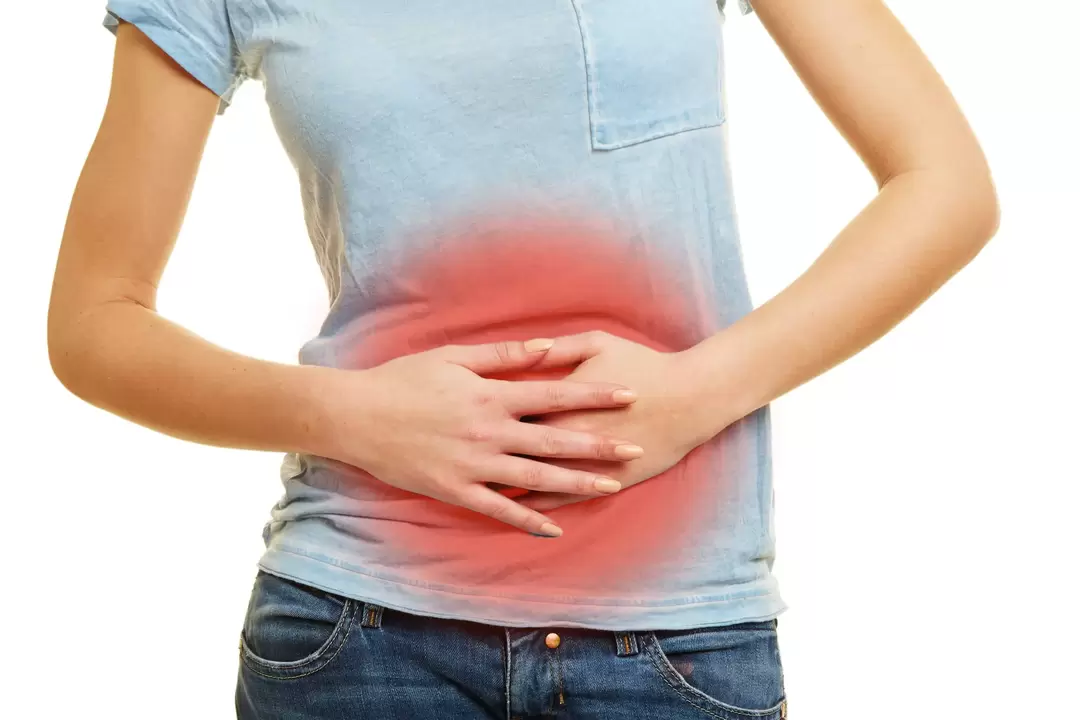
How did you get infected?
- Street and domestic animals (only gloves need to be worn to clean the pet tray, the animals themselves should be bathed regularly and treated with deworming medication 2 times a year);
- polluted air;
- blood-sucking insects (mosquitoes, ticks);
- Dust (including house dust that accumulates on stuffed animals and upholstered furniture).
Acute infections in adults: signs and symptoms
- Inflammation of the conjunctiva of the eye (parasitic conjunctivitis);
- Swelling of the face, limbs, and neck (may be accompanied by edema of internal organs);
- Fever;
- Fever and chills against a background of periodic increases in temperature to 38°C and above.
Chronic Infection: What Symptoms to Watch for?
If the hepatobiliary system is affected
Clinical indicators - signs of helminth infection
How to protect yourself from worm infection?
What medicine should I take if I have worm disease?
Signs, Treatment, and Symptoms of Intestinal Worms in Adults
Classification of worms
- roundworms;
- flatworm;
- lucky.
- biological worm- Tapeworms, pork and cattle. During their development into adulthood, they change hosts, starting with insects and eventually migrating to humans.
- soil worm— Roundworms, whipworms and many other parasites immediately invade the adult body and begin development from the initial stages.
- touch- Pinworms, dwarf tapeworms. The infected enter.
Where can parasites live?
- Tapeworms, nematodes and whipwormsLives in the large intestine.
- Thematodes- Enters the liver and gallbladder.
- pork tapewormFound in any organ in adults.
Types of microbes living in adults
- roundworms:Infection can occur after eating unwashed vegetables and fruits.
- Wide tape:When eating raw fish.
- Pinworm:Be in contact with other people who are infected with the parasite and use the same utensils and linens.
Cause of worms
- Pinworm—The main symptom of the presence of these parasites in adults is itching, which worsens at night. This frequency may last for one or two days and then not bother you for a few weeks. If the infection is severe, itching often occurs.
- Trouble— One symptom of infection with this type of worm is anemia. Nausea, dizziness, abdominal pain, constipation, diarrhea, and severe weight loss may occur.
- roundworms- Rash all over the body but may also appear on different parts of the body, nausea, abdominal pain, weight loss. If this parasite is not noticed promptly, the integrity of the intestinal tract may be compromised. If roundworms get into the appendix, severe inflammation of the organ can occur.
How parasites enter the body. Infect
- Travel through mud and water with egg worms. By communicating with animals and when eating food and products landed by flies carrying parasite eggs. Wash your hands thoroughly every time you come into contact with soil. Vegetables and fruits collected from the site should be washed with water using a special scraper or sponge. You should not drink spring water because parasite eggs often live in the water. Water should not be swallowed while swimming in ponds, rivers, or other bodies of water.
- From people who have parasites such as pinworms. Breeding occurs at night. The female crawls out of the intestines and lays one or more eggs in the folds of the anal canal. Subsequently, itching naturally occurs, the person scratches, and worm eggs remain on underwear, hands and surrounding objects. If you don't wash your hands properly, pinworm eggs can get into your mouth and cause an infection. This is the most common method of parasitic infection.
- When eating undercooked raw meat and fish.
- Through mosquito bites, fly bites, etc.
Where can parasites live?
- Tapeworms, nematodes and whipwormsLives in the large intestine.
- Thematodes- Enters the liver and gallbladder.
- pork tapewormFound in any organ in adults.
Types of microbes living in adults
- roundworms:Infection can occur after eating unwashed vegetables and fruits.
- Wide tape:When eating raw fish.
- Pinworm:Be in contact with other people who are infected with the parasite and use the same utensils and linens.
Cause of worms
- Pinworm—The main symptom of the presence of these parasites in adults is itching, which worsens at night. This frequency may last for one or two days and then not bother you for a few weeks. If the infection is severe, itching often occurs.
- Trouble— One symptom of infection with this type of worm is anemia. Nausea, dizziness, abdominal pain, constipation, diarrhea, and severe weight loss may occur.
- roundworms- Rash all over the body but may also appear on different parts of the body, nausea, abdominal pain, weight loss. If this parasite is not noticed promptly, the integrity of the intestinal tract may be compromised. If roundworms get into the appendix, severe inflammation of the organ can occur.
- Rash causing persistent itching;
- Generalized and localized swelling;
- Coughing, choking;
- Inflammation of lymph nodes;
- weakness, fatigue;
- joint pain, lower abdomen;
- serious illness;
- Diarrhea, constipation, bloating, intestinal pain;
- Damage to the central nervous system.
Tests to detect parasites in adults
- Collect scrapings from the adult anal canal to check for the presence of eggworms;
- In women, collect scrapings from the vagina, navel area, and inguinal folds;
- perform immunological testing;
- Collect urine and blood tests.

























